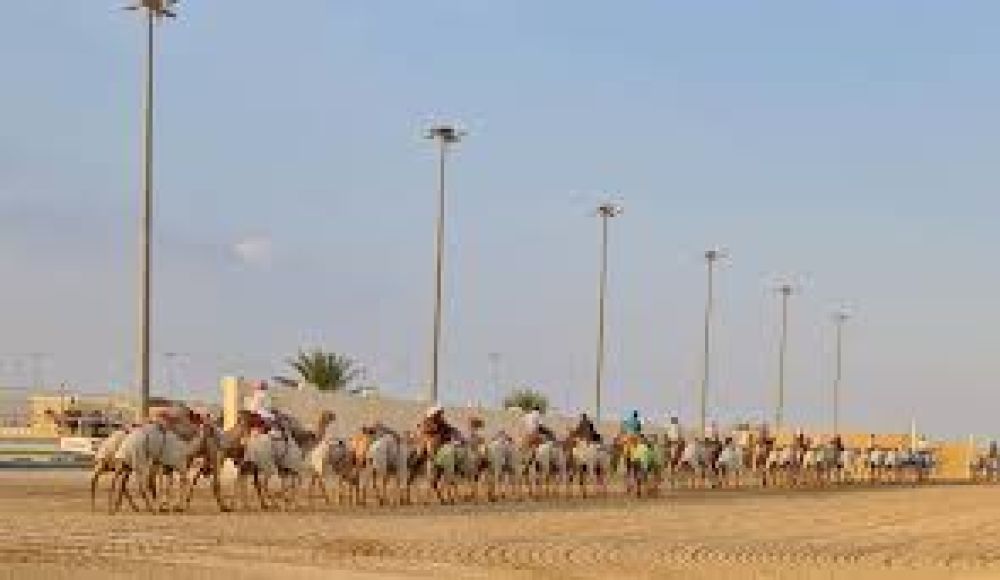

The history of tourism in Qatar is relatively recent compared to other global destinations. It wasn't until the latter part of the 20th century when the country began to capitalize on tourism as a means to diversify its economy beyond the oil and gas sector. Since then, tourism in Qatar has been on a steady climb, with the government making significant investments in infrastructure, cultural attractions, and luxury hospitality to draw international visitors.
One major leap forward in the history of Qatar's tourism was the development of the Qatar Tourism Authority (QTA), which was established to oversee the tourism industry's development. The QTA played a crucial role in the strategic planning and promotion of the tourism sector. With the advent of the FIFA World Cup 2022, there has been a surge in the tourism landscape of Qatar, showcasing the nation's readiness to host global events on a massive scale.
The Qatar National Camel Race Track at Al Shahaniya is one of the premier attractions drawing visitors interested in the traditional sports and culture of the Arabian Peninsula. Camel racing, a sport steeped in regional heritage, has evolved from its informal Bedouin origins to become a modern sporting event, with Qatar at the forefront of this transformation. The Al Shahaniya race track is an epitome of this modernization. It features state-of-the-art facilities and technology that ensures both the safety of the animals and the integrity of the races.
Visiting the Qatar National Camel Race Track offers travellers a unique glimpse into the world of camel racing, where they can observe the intense competition, the trainers' dedication, and the camels' athletic prowess. In keeping with the country’s tradition of hospitality, tourists are often welcomed to tour the facilities and learn more about this fascinating sport.
Camels have always been an integral part of Qatari life, historically used for transportation, food, and companionship in the harsh desert environment. The modern camel racing season in Qatar typically runs from November to February, and races are often festive occasions, drawing large crowds and featuring market stalls, food vendors, and cultural performances.
In recent years, Qatar has seen a shift towards sustainable tourism practices and promoting cultural tourism. The country is investing in developing eco-friendly tourism initiatives and has placed an increased emphasis on showcasing its rich cultural heritage, art, and history to visitors.
Another emerging trend is the focus on sports tourism. With state-of-the-art facilities like the Aspire Academy and its hosting of major sporting events like the FIFA World Cup 2022, Qatar is positioning itself as a prime destination for sports enthusiasts from around the world.
Moreover, the concept of luxury travel continues to be a cornerstone of Qatar's appeal, with Doha being home to an array of high-end shopping experiences, five-star hotels, and exclusive leisure activities. These factors combined reinforce Qatar's status as a growing hub for international tourism.